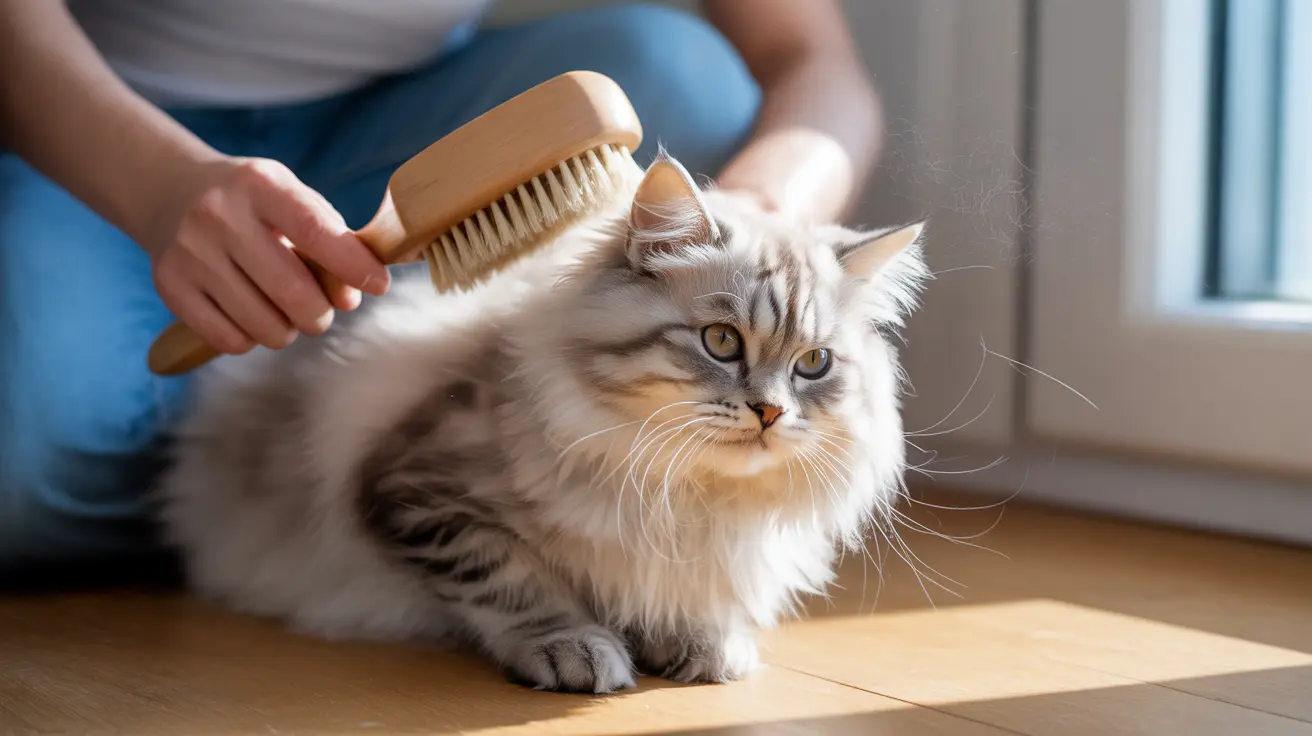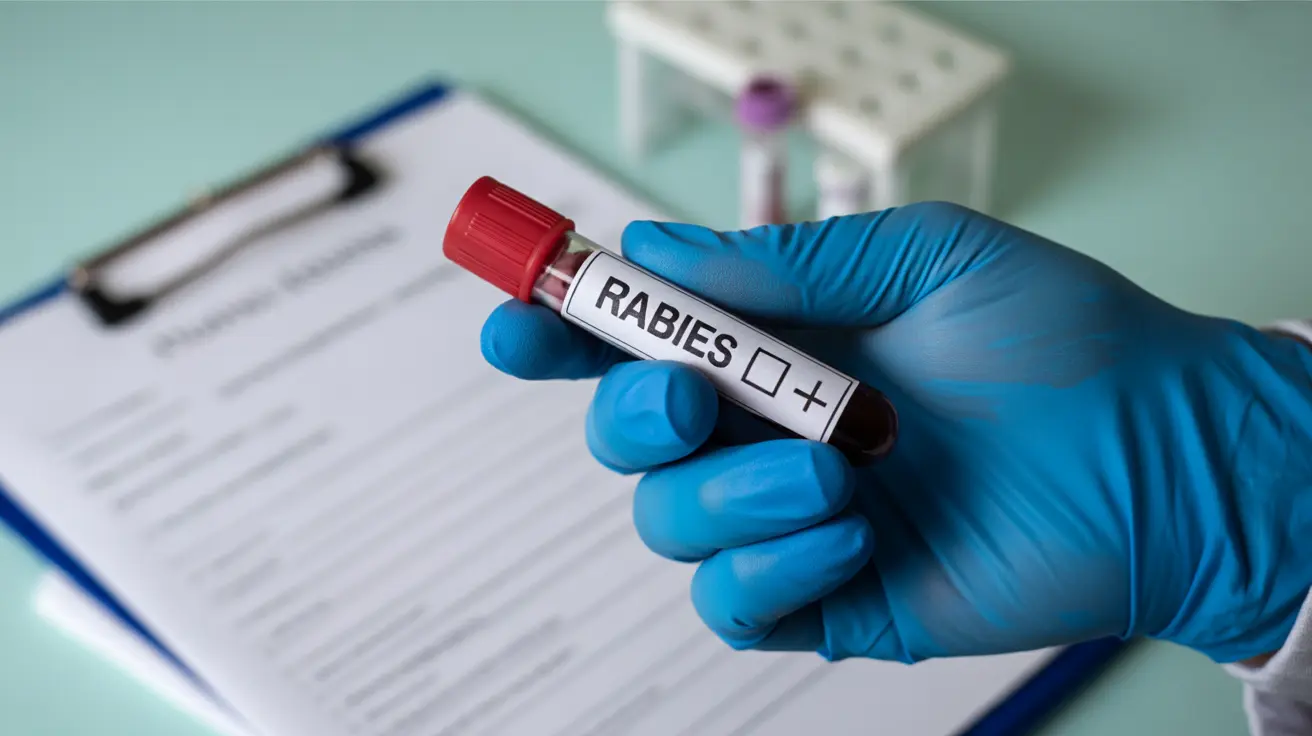A cat that suddenly develops an unpleasant odor can be concerning for any pet owner. Cats are typically fastidious groomers who maintain excellent hygiene, so when your feline friend starts emitting unusual smells, it's often a sign that something isn't quite right. Understanding the potential causes and knowing when to seek veterinary care is crucial for your cat's health and well-being.
In this comprehensive guide, we'll explore the common reasons behind sudden bad odors in cats, help you identify the source of the smell, and provide actionable solutions to address these issues effectively.
Common Sources of Sudden Bad Odors in Cats
Dental Disease and Oral Health Issues
One of the most common sources of bad odors in cats is dental disease. When bacteria build up in your cat's mouth, it can lead to periodontal disease, tooth decay, and gingivitis. These conditions often produce a distinctive foul breath odor that can be your first warning sign of serious dental problems.
Left untreated, dental issues can progress to more severe conditions affecting not just your cat's mouth but their overall health, potentially impacting vital organs like the heart and kidneys.
Skin and Coat Problems
Skin infections, whether bacterial or fungal, can create strong, unpleasant odors. These issues often develop when cats can't groom properly due to obesity, arthritis, or other health conditions. Matted fur can trap moisture and debris, creating an ideal environment for bacteria and yeast to grow.
Ear Infections and Related Issues
Ear infections in cats can produce a distinctive musty or yeasty smell. These infections might be caused by ear mites, bacteria, or yeast, and they require prompt veterinary attention to prevent more serious complications.
Medical Conditions That Can Cause Bad Odors
Anal Gland Problems
Cats have two small anal glands that can become impacted or infected, producing a strong, fishy odor. This issue is often accompanied by scooting behavior or excessive licking of the area.
Urinary Tract Issues
Urinary tract infections or kidney problems can cause strong, ammonia-like odors. These conditions may also lead to changes in urination habits and should be evaluated by a veterinarian promptly.
When to Seek Veterinary Care
Contact your veterinarian immediately if you notice:
- Sudden onset of strong odors
- Changes in eating or drinking habits
- Difficulty grooming
- Signs of pain or discomfort
- Changes in behavior or energy levels
Prevention and Management
Regular grooming, dental care, and veterinary check-ups can help prevent many causes of bad odors in cats. Maintaining a clean litter box and providing a healthy diet also play crucial roles in preventing hygiene-related issues.
Frequently Asked Questions
Why does my cat suddenly smell really bad—is this a serious health issue, or something I can fix at home?
While some minor odor issues can be resolved with improved grooming or cleaning, sudden bad odors often indicate an underlying health problem that requires veterinary attention. It's best to have your cat examined to determine the exact cause.
Can dental problems make my cat smell bad, and what are the signs that my cat needs dental care?
Yes, dental problems are a leading cause of bad odors in cats. Signs include bad breath, drooling, difficulty eating, and pawing at the mouth. Regular dental check-ups and professional cleanings are essential for prevention.
My cat has a bad odor coming from their rear end—could this be an anal gland issue, and what should I do about it?
A fishy smell from your cat's rear end often indicates anal gland problems. This condition requires veterinary attention for proper expression and treatment of any underlying infections.
How do I tell if my cat's bad smell is coming from their ears, skin, or another part of their body?
Carefully inspect your cat's body, noting where the smell seems strongest. Ear infections typically have a yeasty smell, skin infections often smell musty, and dental issues create bad breath. A veterinarian can perform a thorough examination to pinpoint the exact source.
When should I call the vet about my cat's sudden unpleasant odor, and what tests might they do to find the cause?
Contact your vet if the odor persists for more than a day or is accompanied by other symptoms. The vet may perform physical examinations, dental checks, skin scrapings, or laboratory tests depending on the suspected cause.
Conclusion
A sudden bad smell from your cat shouldn't be ignored, as it often signals an underlying health issue that requires attention. By staying vigilant and seeking prompt veterinary care when needed, you can help ensure your cat stays healthy and odor-free.






